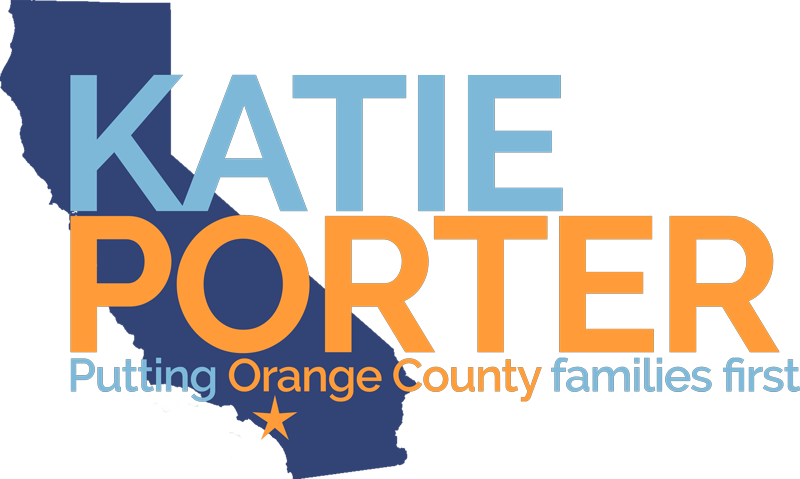In the News
Wall Street Journal: Baby-Formula Makers Face Push to Disclose Contamination EarlierBaby-Formula Makers Face Push to Disclose Contamination Earlier
Washington,
August 29, 2023
|
Kristina Peterson, Wall Street Journal
WASHINGTON—Baby-formula manufacturers would be required to notify regulators about contamination in their products in a wider range of circumstances, under bipartisan legislation introduced Tuesday. The legislation is aimed at preventing and quickly halting any future outbreaks of cronobacter, the bacteria that sickened four babies and fueled last year’s shortage. The bill from the top two lawmakers on the House Oversight’s health panel, Reps. Katie Porter (D., Calif.) and Lisa McClain (R., Mich.), would require formula manufacturers to notify the Food and Drug Administration within 24 hours if they find out their formula is contaminated during tests taken in the facility, according to the lawmakers’ offices. Under the legislation, regulators would then have 72 hours to contact the baby formula maker after being notified of the contamination. Currently formula makers have to test samples of formula before it is distributed to make sure it isn’t contaminated and keep records, but they aren’t required to notify regulators unless they have reason to believe formula that has already been shipped out to stores is contaminated, according to an FDA spokesperson. The bill “empowers the FDA and holds the agency accountable for getting answers from manufacturers, to give parents peace of mind and to prevent another bacterial outbreak from devolving into a disaster,” said Porter, the top Democrat on the House Oversight Committee’s Health Care and Financial Services panel. The legislation targets a rare bipartisan area of agreement from a committee whose GOP leaders have largely focused on investigating the Biden administration. Lawmakers from both parties expressed outrage at a pair of hearings held earlier this year examining the baby-formula recall and ensuing shortages that fueled anxiety in parents of young children, including members of Congress. “This crisis was preventable. We saw failures occur that should have never been possible, and we cannot allow them to happen again,” McClain, the chairwoman of the subcommittee, said in a statement. Last year’s nationwide baby-formula shortage accelerated following a recall sparked by the hospitalization of four infants, including two who later died, who contracted rare bacterial infections from cronobacter after being fed powdered baby formula made at the same Abbott Laboratories facility. Abbott has said that it doesn’t believe the four infant illnesses were caused by contamination at its plant and that investigations conducted by the FDA, the Centers for Disease Control and Prevention and the company itself didn’t find a definitive link between Abbott’s products and illnesses in children. The FDA has also requested the authority from Congress to require manufacturers to report when formula tests positive for cronobacter, as part of the administration’s budget proposal. Earlier this summer, federal regulators and state health officials worked together to strengthen data collection of cronobacter infections, adding them to the list of roughly 120 diseases tracked at the national level. That sets up a standardized process for states that choose to collect data around these infections to count them and send information to the CDC. |
